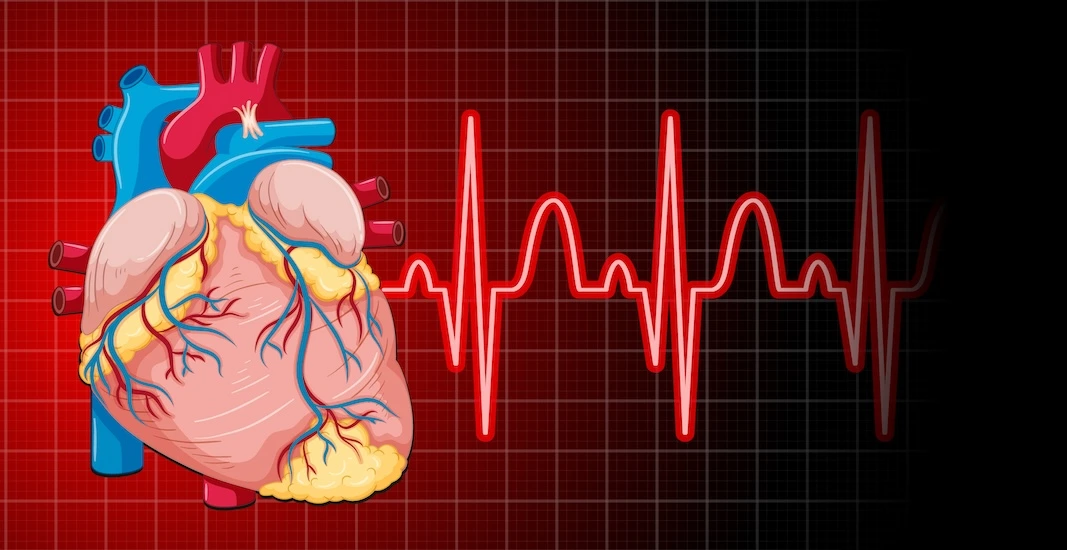e320ae1c-1a2f-4524-bcb2-3f4662f392bc.jpg?sfvrsn=5f580841_0)

Cardiac electrophysiology is the field of assessing the heart’s electrical system and activity, as well as the treatment of any abnormal heart rhythms (arrhythmias). The procedure involves inserting catheters and wire electrodes through blood vessels to enter the heart, where they measure electrical activity. Electrophysiologists are cardiologists who subspecialise in cardiac electrophysiology.
Before the procedure, you'll undergo blood tests and have an electrocardiogram (ECG) recorded. A doctor will explain the procedure in detail and ask you to sign a consent form, ensuring you fully understand the procedure and its associated risks. Don't hesitate to ask any questions or express any concerns.
It's crucial to inform your nurse or doctor if you have any allergies or have experienced reactions to medications or tests in the past. If your procedure requires general anaesthesia, you will also meet with an anaesthetist.
A doctor or nurse will insert a small needle into a vein in your hand (cannula) to administer medication during the procedure. You will be asked to shave your groin and, if necessary, your upper chest, and you'll be provided with a hospital gown to wear.
If you are diabetic, your nurse will discuss your medication or insulin dosage with you, as not eating before the procedure may impact your blood sugar levels.
The Cardiac Electrophysiology procedure may take a couple of hours.
You will be in the catheter lab for the procedure, accompanied by a nurse for reassurance. The room contains advanced equipment to monitor your heart rhythm. You will remain awake but will receive a sedative to help you relax.
The doctor will administer a local anaestheticin your groin to numb the area, which might sting initially. A small tube (sheath) is then inserted into your groin to facilitate the insertion of catheter electrodes into your heart. These electrodes, about the size of a small straw, record your heart's electrical signals under x-ray guidance.
During the procedure, the doctor might stimulate your heart with electrical impulses to trigger and study your arrhythmia. This can make your heart rate vary, which might be slightly uncomfortable, but it is safe under controlled conditions. Drugs may also be used to induce arrhythmia.
The procedure concludes once sufficient data is collected. If your arrhythmia persists, it will be managed either by pacing, medication, or, in rare cases, cardioversion under additional sedation.
Please report any discomfort, such as chest pain, dizziness, or shortness of breath to your doctor. Your medical team needs to understand your symptoms during the arrhythmia.
Once the procedure is finished, the catheter and sheath will be removed, and firm pressure will be applied to your groin to prevent bleeding. You'll then be taken to the recovery area for monitoring. After returning to the ward, you'll need to rest and avoid bending your affected leg for about two hours to prevent bleeding from the puncture site. During this time, you may feel sleepy as the sedative wears off.
The nurse will monitor your ECG, blood pressure, pulse, and foot pulses and check for bleeding. Once you are back on the ward, you can eat and drink normally, and the nurse will also remove the needle from your hand. If you experience any palpitations or dizziness, inform the nurse immediately.
If a vein under your collarbone was used during the procedure, a chest X-ray will be performed to ensure there is no pneumothorax (air pocket in your lung).
After reviewing the findings, the doctors will determine the appropriate next steps and discuss these with you. If they identify a treatable issue, they will explain the problem and ask for your consent to proceed. Sometimes, if immediate action isn't advisable, they will plan future interventions with you.
Cardiac electrophysiology is a vital field in diagnosing and treating heart rhythm disorders. Gleneagles Hospital Penang ensures that each patient receives the best possible outcome with advanced techniques and personalized care. If you have any concerns or questions or would like to book a consultation, our team is here to guide you through every step of your treatment journey.

Wait a minute

Wait a minute